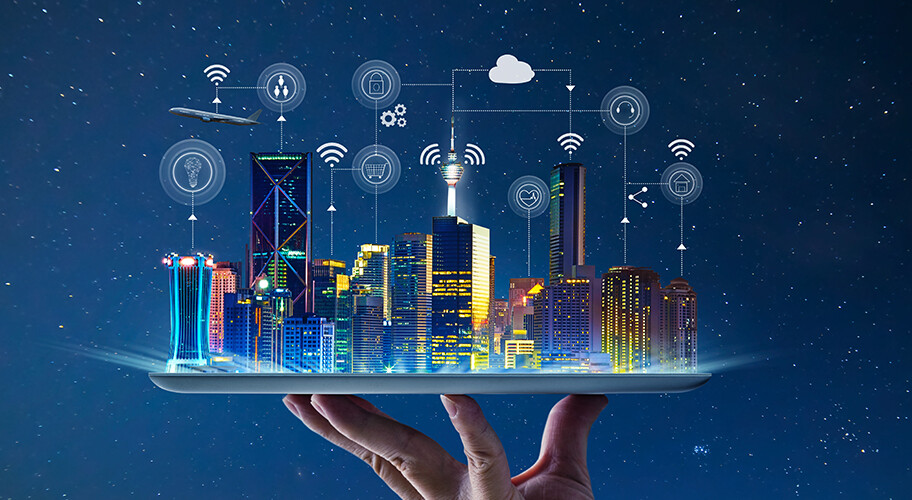
Smart cities, once a futuristic concept, are now a tangible reality worldwide, blending advanced technology, efficient planning, and environmental sustainability to enhance urban living. While Argentina is still in the early stages of this transformation, cities like Buenos Aires, Córdoba, Rosario, Mendoza, and Salta are making strides in integrating digital tools to improve mobility, security, and resource management. Globally, cities such as Singapore, Copenhagen, and Barcelona lead the way in implementing technological solutions for optimized urban living.
Argentina's Smart City Landscape
Despite not having a fully planned smart city, Argentina is incorporating innovations across various urban districts to improve the quality of life. The Smart City Index, published by the International Institute for Management Development (IMD), highlights Buenos Aires, Córdoba, Rosario, Mendoza, and Salta as the best-positioned Argentine cities. These cities have implemented digital tools to optimize mobility, enhance security, and manage resources more efficiently. However, long-term planning and funding remain significant challenges for sustained territorial growth.
Uruguay's +Colonia: A Pioneering Project
In Latin America, Uruguay is leading the charge with +Colonia, a project aiming to be the continent's first fully planned smart city. Francisco Tezanos Pinto, Communication Director of +Colonia, emphasizes that the true concept of a smart city goes beyond technology, focusing on people-centric urbanism. "The urbanism of the future cannot be based solely on digital connectivity. The key is to combine innovation with a more human-centered model, where nature and proximity to services are fundamental," he states.
Key Features of +Colonia:
People-Centric Approach: Prioritizing the well-being of residents over mere technological integration.
Proximity: Ensuring essential services are within a 15-minute radius for residents.
Sustainability: Integrating nature with technological innovation, emphasizing green spaces and reduced car dependency.
Advanced Technology: Utilizing real-time data, AI, interconnected sensors, 5G networks, and energy-efficient buildings.
The project, which began over a year ago, is currently developing infrastructure, including roads, water, and electricity networks. The first residential area, Distrito Génesis, is under construction and will house 700 to 1,000 people.
Global Smart City Trends
Cities like Malmö (Sweden), which generates energy from recycled biogas, and Estonia, where citizens handle most administrative tasks online, exemplify global best practices. London's open access to real-time data allows for efficient public and private sector decisions.
Mike Letzgus, Project Manager and Deputy Director of Urban Economy Innovation at the Fraunhofer Institute, highlights that "technology is not the end, but the means." Smart cities thrive on real-time data, AI, interconnected sensors, 5G networks, energy efficiency, and sustainable buildings.
Argentina's Urban Developments
In Buenos Aires, the Parque de Innovación aims to create an ecosystem connecting students, entrepreneurs, and tech companies. Córdoba is also advancing as a smart city, with digitalized public services and intelligent mobility solutions. Daniel Ibañez, advisor and coordinator of the Artificial Intelligence Board of the Economic Development Agency of Córdoba (ADEC), notes the city's progress in data management, security, and healthcare access.
The Future of Smart Cities
As urban populations grow, the need for sustainable and resilient cities becomes critical. The challenge lies in designing cities that are not only efficient but also prioritize the well-being of their inhabitants, ensuring that technological advancements lead to equitable and connected communities.
[Copyright (c) Global Economic Times. All Rights Reserved.]




























